
CEMIL ERTEM
The Turkish economy grew 7.3 percent in the last quarter of 2017, and 7.4 percent the entire year. This growth is a sign of a fundamental change for Turkey in terms of both its composition and the situation of the world.
The danger of recession in Turkey was even mentioned at the beginning of 2017. We also saw the signs of recession in some industries. Those that constituted net foreign exchange such as exports and tourism were signaling a slowdown. Many foreign institutions said that the trend of a slowdown that started following the coup attempt in the second half of 2016 would continue in 2017, as well. For instance, a highly reputed global research company said the following in its report on Turkey’s economy: “After the July 15 coup attempt, [the] slowdown trend in Turkey’s economy will continue to deepen. We anticipate that the Turkish economy will grow by 2.6 percent in 2016 and by a similar rate in 2017.” Such assessments were generally accepted both at home and abroad, and the best forecast for the Turkish economy at the end of 2016 was that it would be good if the economy did not enter a stagflation process in which stagnation and inflation go together.
Of course, there is no need to say that these assessments would dampen investments to the extent that they disrupted forecasts. So much so that, even those at the heart of the economy considered growth of 4 percent to 5 percent, let alone 7 percent, to be a distant dream.
How did this picture begin to change rapidly as of the end of the first quarter of 2017? The Credit Guarantee Fund (CGF) and many financial incentives began to take effect in the first half of 2017 and the period in which exports and industry contributed positively to the economy started around the end of the first quarter of 2017. Its effects began to be felt immediately, even without any planned delay. Perhaps we can explain this by the potential and dynamics of the Turkish economy that some never know or never want to know, which is a topic for another discussion.
Here, the inflationary effect of both the CGF and financial incentives were criticized in the whole process. Let me just say that, until March 2017, when CGF loans started, we see that inflation paradoxically accelerated in a recession-driven process in both producer and consumer sides.
In March 2017, the Producer Price Index (PPI) peaked at 16 percent. Due to stock and the financing cost burden on industrial enterprises and the enterprises’ failure to make distribution investments, there was deterioration stemming from rapid productivity loss. This led to a loss of competition in exchange rates in exports and to a rise of market losses. In these conditions, manufacturers could not reach financing through traditional methods such as mortgages and the like, and the overall economy rapidly entered a spiral of stagnation and producer inflation.
At this point, the CGF first stopped this process and then reversed it. The import weight seen in growth in 2016 also started to be quickly replaced by exports. We started to see its first impacts in the second quarter growth of 2017. Here, the contribution of sectoral growth came to reach the desired level. In this period, gross fixed capital formation (GFCF) also started to rise and the contribution of public-private sector investments reached 9.5 percent. This rate also indicated that bank resources were allocated to the right places. Meanwhile, there was a rapid recovery in the banking system balance sheet. Thanks to the CGF, banks rapidly boosted their asset quality and it became easier for them to find resources from abroad on more appropriate terms and with better rates. In this period, some circles started to claim that while deposit inflows were weak, the CGF caused rapid resource outflow from the banking system, suggesting that since there is a resource problem, it should stop a bit.
Actually, the opposite was true. Some foreign banks transferred some European resources to Turkey just for the sake of the CGF.
All these statements were driven by the innovative growth tools implemented in 2017 that started to spoil the game of those who voiced opposition to them. After all, the only hope of those who failed in the July 2016 coup attempt was the expectation that the economy would not be able to recover afterward.
Those who saw that the order they built would not always continue in the same way got into a big flap after the 2017 achievements.
They started to repeat their failed and falsified thesis that there had been growth over 5 percent and the current account deficit and inflation have increased. This growth is not possible at all with such low savings, and if it is, it will hit the wall, so hike interest rates. As I said in a previous piece, the issue of savings is a paradigm debate along with interest and inflation issues. In an open economy in which the floating exchange rate regime is practiced, the exchange rate level is indisputable and, consequently, savings are not seen as an internal variable. Moreover, in an open economy and in a period when the global economy builds itself on technology efficiency, saving is a direct business of capital, not of households. And it is a phenomenon the government should expect from capital. In this respect, recent statements and steps that associate savings with technology efficiency and research and development investments are quite proper.
Consequently, the growth in 2017 was a historic achievement that shows the country’s potential when old clichés are left aside. It is also the beginning of a paradigm shift.




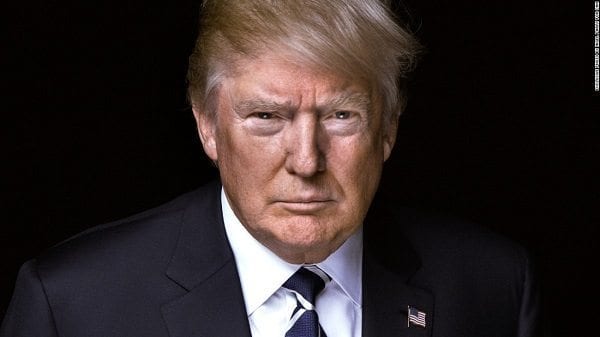


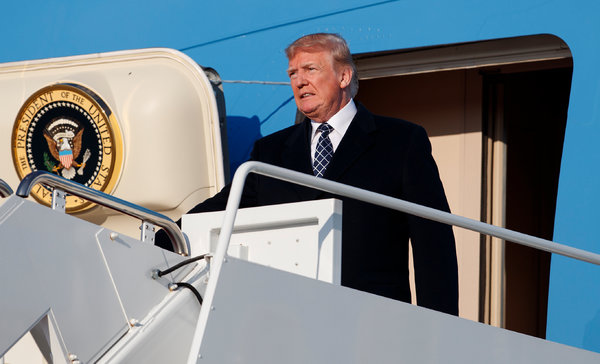




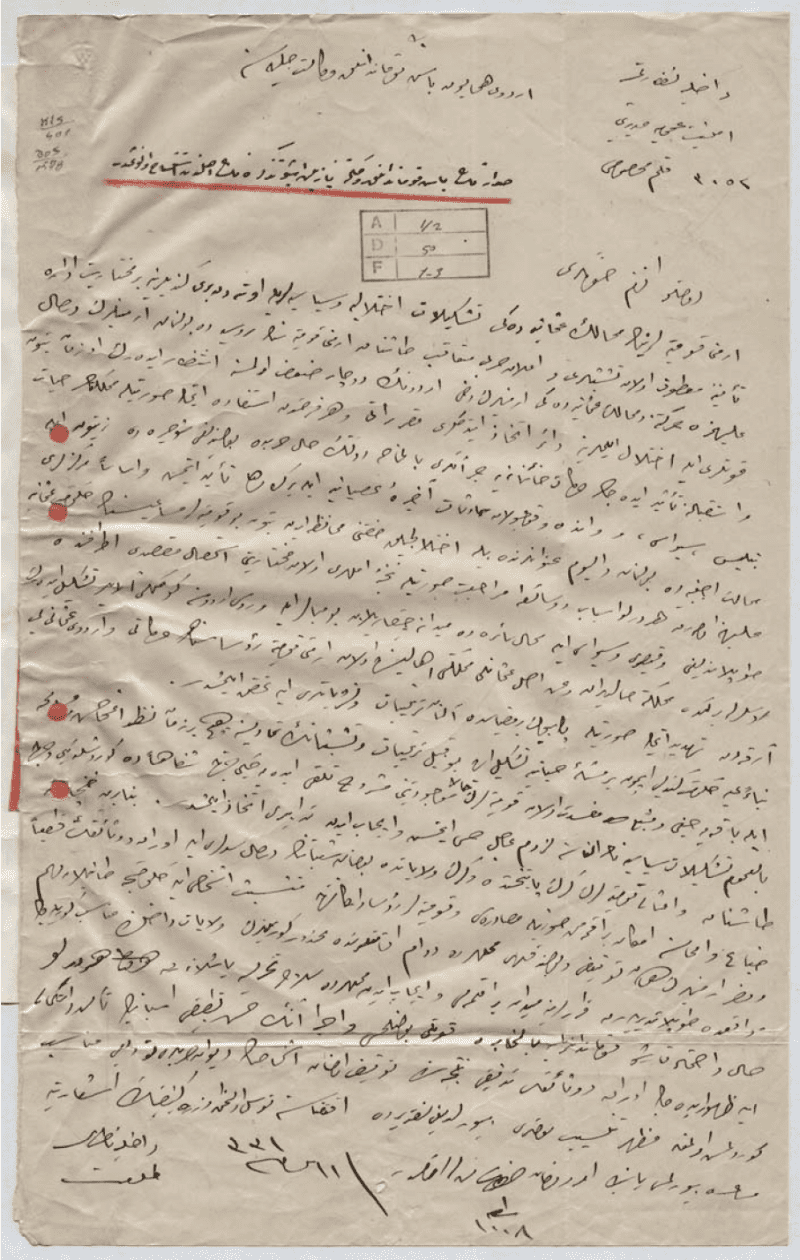

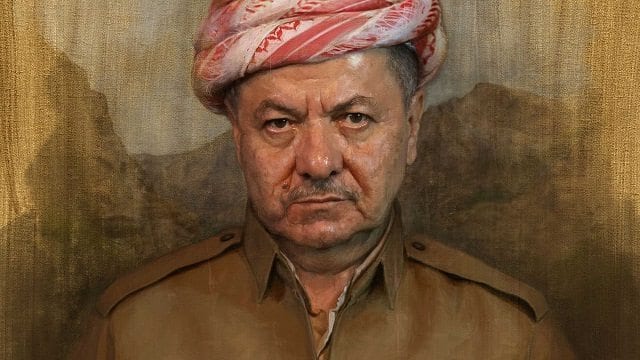
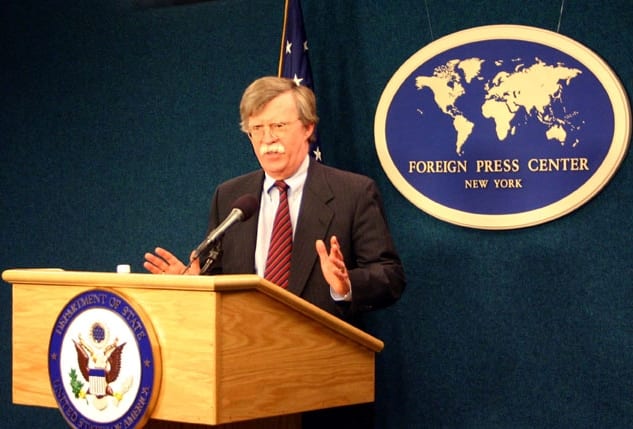
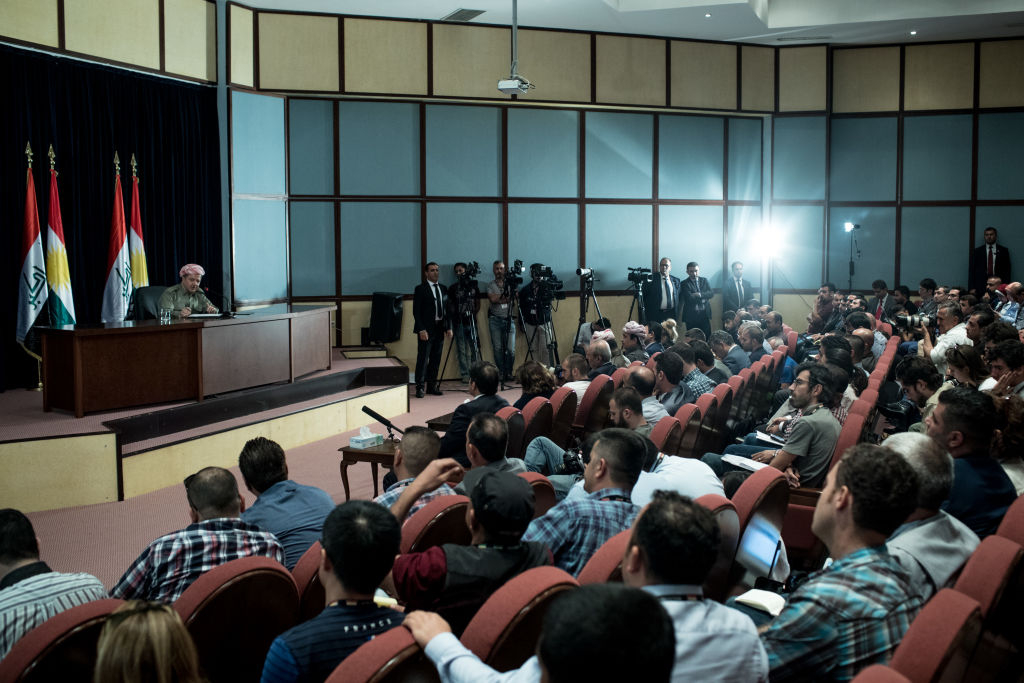 Pictured: Kurdistan Regional Government (KRG) President Masoud Barzani speaks to the media at a press conference on September 24, 2017 in Erbil, Iraq. President Barzani announced that the referendum will go ahead as planned. The KRG held an independence referendum on September 25. (Photo by Chris McGrath/Getty Images)
Pictured: Kurdistan Regional Government (KRG) President Masoud Barzani speaks to the media at a press conference on September 24, 2017 in Erbil, Iraq. President Barzani announced that the referendum will go ahead as planned. The KRG held an independence referendum on September 25. (Photo by Chris McGrath/Getty Images)